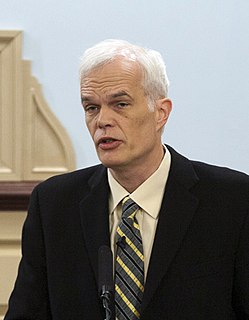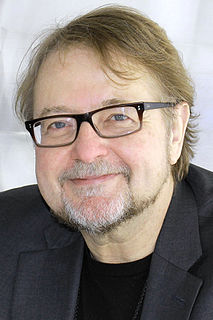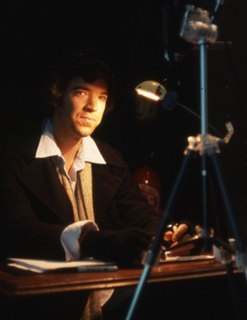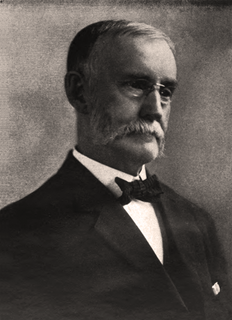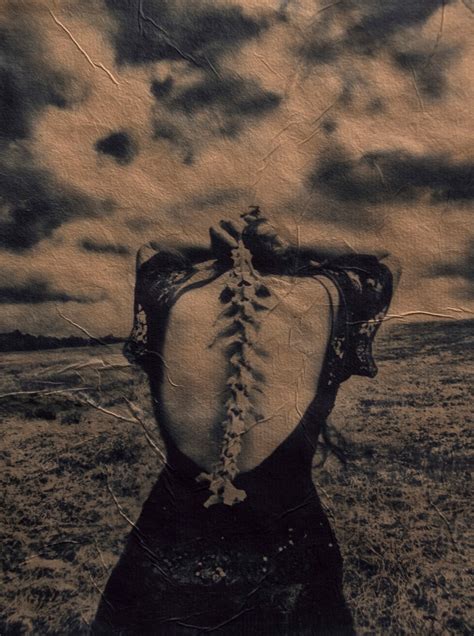A Quote by Richard Brookhiser
Related Quotes
Cemeteries have always had a lure for me. They are well kept, free from ambiguity, logical, virile, and alive. In cemeteries you can summon up courage and arrive at decisions, in cemeteries life takes on distinct contours -- I am not referring to the borders of the graves -- and if you will, a meaning.
I want a room decorated with bones!" Dan said. "Where'd they come from?" "Cemeteries," Amy said. "Back in the 1700s, the cemeteries were getting overcrowded, so they decided to dig up tons of old bodies–all their bones–and move them into the Catacombs. The thing is...look at the dates. See when they started moving bones into the Catacombs?" Dan squinted at the screen. He didn't see what she was talking about. "Is it my birthday?
We speak much of the duty of making others happy. No day should pass, we say, on which we do not put a little cheer into some discouraged heart, make the path a little smoother for someone’s tired feet, or help some fainting robin unto its nest again. This is right. We cannot put too great emphasis upon the duty of giving happiness and cheer to others. But it is no less a duty that we should be happy and cheerful ourselves.
